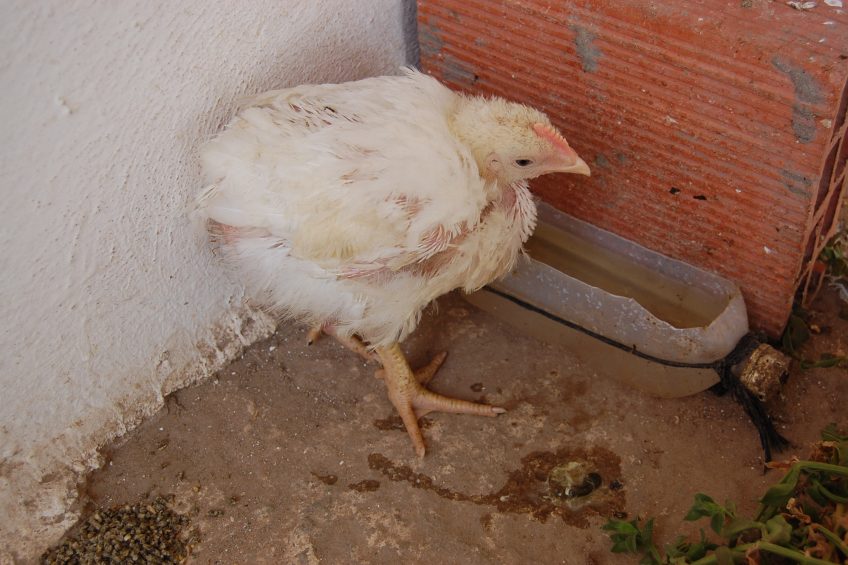Poultry keepers warned to be vigilant of Newcastle Disease

Poultry keepers across the UK have been urged to be vigilant of Newcastle Disease following outbreaks in 3 European countries in recent weeks.
Cases in Belgium, the Netherlands and Luxembourg has prompted the Animal and Plant Health Agency experts to raise the risk of disease in UK flocks from low to medium.
Newcastle Disease is caused by a virulent strain of paramyxovirus and can be spread through direct contact with the bodily fluids of infected birds and can cause severe losses in commercial breeds and other captive birds, including racing pigeons.
Check out the interactive Poultry Health Tool – with the latest insights on the 40+ most common poultry diseases.
Christine Middlemiss, UK Chief Veterinary Officer, said: “I urge all poultry keepers – whether of commercial smallholder flocks of specialist breeds of pet chickens – to remain vigilant to the clinical signs of this disease, and urge them to put in place strong biosecurity measures to ensure the health and welfare of their birds.”
Among the clinical signs shown by infected birds are:
- Respiratory disease, such as gaping beak, coughing, sneezing, gurgling and rattling
- Nervous behaviour, such as tremors, paralysis and twisting of the neck
- Unusually watery faeces that are yellowish-green in colour
- Depression and lack of appetite
- Production of fewer eggs which could be misshapen and soft-shelled
There are several precautions poultry keepers can follow, says Defra, to further minimise the risk to their birds. These include:
- Ensuring, where appropriate, their birds have been vaccinated against the disease
- Using strict biosecurity measures, including disinfectant foot baths and reducing visitors to the birds
- Thoroughly cleaning vehicles, equipment, clothing and boots that have been in contact with birds
- Feeding and watering should be kept under cover and kept away from wild birds
- Washing hands with soap and water after handling birds
If a poultry keeper suspects that their birds are infected they should contact their private vet and the APHA immediately.
There have been isolated cases in the UK since the disease was first reported in the 1930s. From 1947, outbreaks occurred more regularly over the next 30 years. There were further isolated cases in 1984 and 1996-7. The most recent cases was during October/November 2006 in East Lothian.













